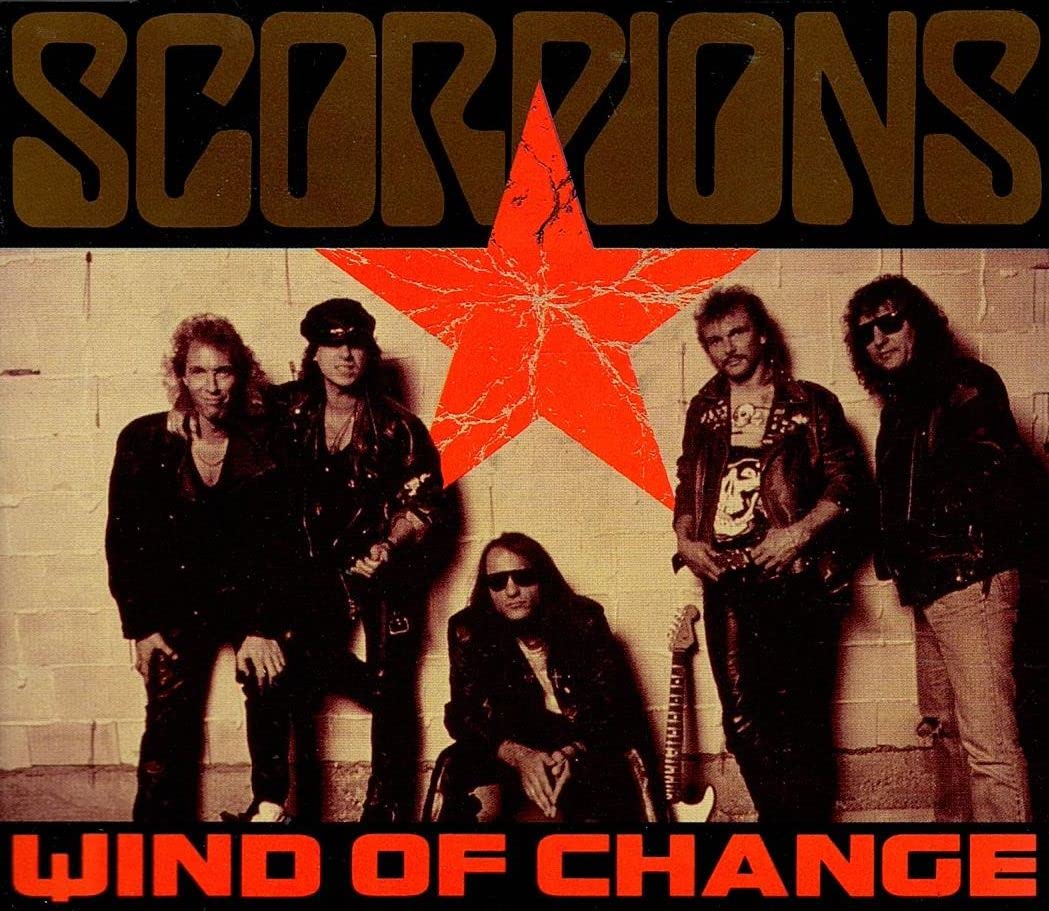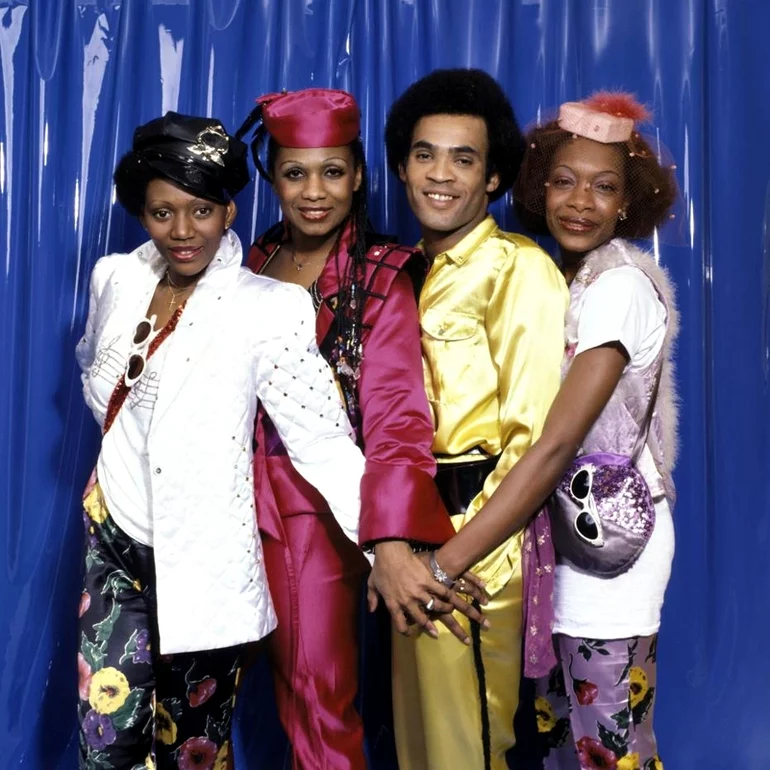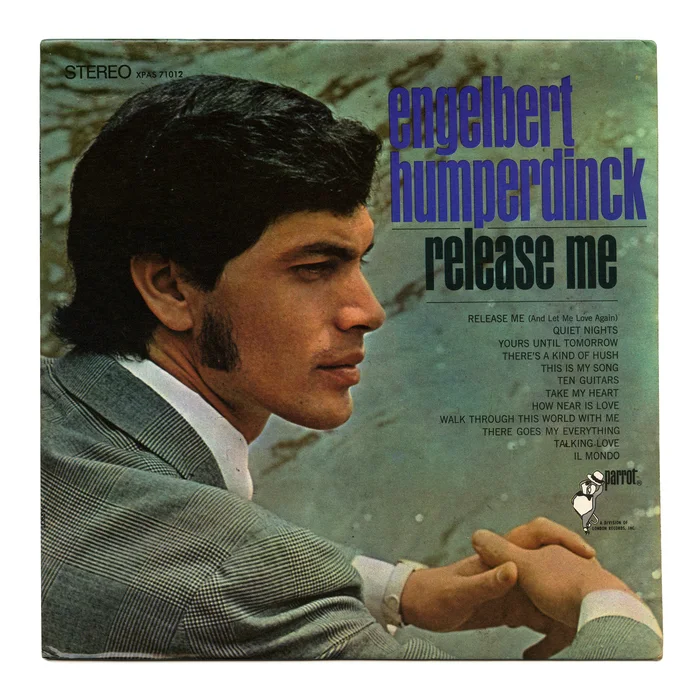我的频道 - Favorite songs
Sympathy for the Devil ist ein Rocksong der englischen Band The Rolling Stones. Er wurde 1968 auf dem Studioalbum Beggars Banquet veröffentlicht und gilt als eines der herausragendsten Stücke der Gruppe.
Dancing in the Street ist ein Lied von Martha & the Vandellas aus dem Jahr 1964, das von Marvin Gaye, William „Mickey“ Stevenson und Ivy Jo Hunter geschrieben wurde. Eine erfolgreichere Version erschien 1985 von David Bowie und Mick Jagger.
Rockin’ All over the World ist ein Rocksong, der 1977 in der Version der Gruppe Status Quo ein Hit wurde.
Metallica ist eine US-amerikanische Metal-Band. Sie wurde 1981 in Los Angeles gegründet und ist seit 1982 in San Francisco ansässig. Sie gehört zu den erfolgreichsten Metal-Bands der Welt und hat bislang über 110 Millionen Alben verkauft. Metallica wurde neunmal mit einem Grammy Award ausgezeichnet.
Patience ist ein Song der britischen Popgruppe Take That. Er wurde am 13. November 2006 als erste Single ihres Comeback-Albums Beautiful World veröffentlicht. Die Single stieg auf Platz 1 der britischen, deutschen, spanischen und Schweizer Charts und erreichte in Österreich, Dänemark, Irland, Italien und Schweden die Top 10.
Live Is Life ist ein Lied der österreichischen Band Opus aus dem Jahr 1984, das von den damaligen Bandmitgliedern Ewald Pfleger, Kurt-René Plisnier, Günter Grasmuck, Niki Gruber und Herwig Rüdisser geschrieben wurde und 1985 internationalen Hit-Status erlangte.
"Red River Valley" is a folk song and cowboy music standard of uncertain origins that has gone by different names (such as "Cowboy Love Song", "Bright Sherman Valley", "Bright Laurel Valley", "In the Bright Mohawk Valley", and "Bright Little Valley") , depending on where it has been sung.

1. From this valley they say you are going, I will miss your bright eyes and sweet smile, For they say you are taking the sunshine, that brightens our pathways awhile. (CHORUS) Come and sit by my side if you love me, do not hasten to bid me a-dieu, but remember the Red River Valley, and the cowboy who loved you so true.
2. I’ve been thinking a long time, my darlin’, Of the sweet words you never would say, now, alas, all my fond hopes must vanish. For they say you are going away. Repeat Chorus: Come and sit by my side if you love me, do not hasten to bid me a-dieu, but remember the Red River Valley, and the cowboy who loved you so true.
3. Do you think of the valley you’re leaving? Oh, how lonely and sad it will be! Do you think of the kind hearts you’re breaking, and the pain you are causing to me? Repeat Chorus: Come and sit by my side if you love me, do not hasten to bid me a-dieu, but remember the Red River Valley, and the cowboy who loved you so true.
4. I have promised you, darlin’, that never, will a word from my lips cause you pain; And my life, it will be yours forever If you only will love me again. Repeat Chorus: Come and sit by my side if you love me, do not hasten to bid me a-dieu, but remember the Red River Valley, and the cowboy who loved you so true.
Scorpions ist eine deutsche Hard-Rock-Band aus Hannover, die 1965 als Nameless gegründet wurde, 1972 ihr erstes Album veröffentlichte und bis heute besteht. Die Scorpions Musikproduktions- und Verlags-GmbH hat ihren Sitz in Schwarmstedt, die Scorpions GbR in Langenhagen. Wind of Change ist eine Rockballade der Band Scorpions, die im September 1989[1] von Scorpions-Sänger Klaus Meine geschrieben und komponiert sowie im Februar 1991 als Single veröffentlicht worden ist.
Boney M. ist eine von Frank Farian produzierte Disco-Formation, die vor allem in den 1970er Jahren international Erfolge mit Stücken wie Daddy Cool, Rivers of Babylon und Ma Baker hatte. Weltweit wurden von Boney M. über 150 Millionen Tonträger verkauft, darunter mehr als 60 Millionen Singles.
"The Water Is Wide" (also called "O Waly, Waly" or simply "Waly, Waly") is a folk song of Scottish origin. It remains popular in the 21st century.
Céline Dion ist eine kanadische Sängerin. Mit über 330 Millionen verkauften Tonträgern ist sie eine der weltweit erfolgreichsten Popsängerinnen.
You Can’t Hurry Love ist ein Popsong des Produzententeams Holland–Dozier–Holland aus dem Jahr 1966, der zunächst durch die Interpretation der Supremes bekannt wurde. Die Version von Phil Collins aus dem Jahr 1982 war ähnlich erfolgreich wie das Original.
Engelbert ist ein britischer Popsänger.













